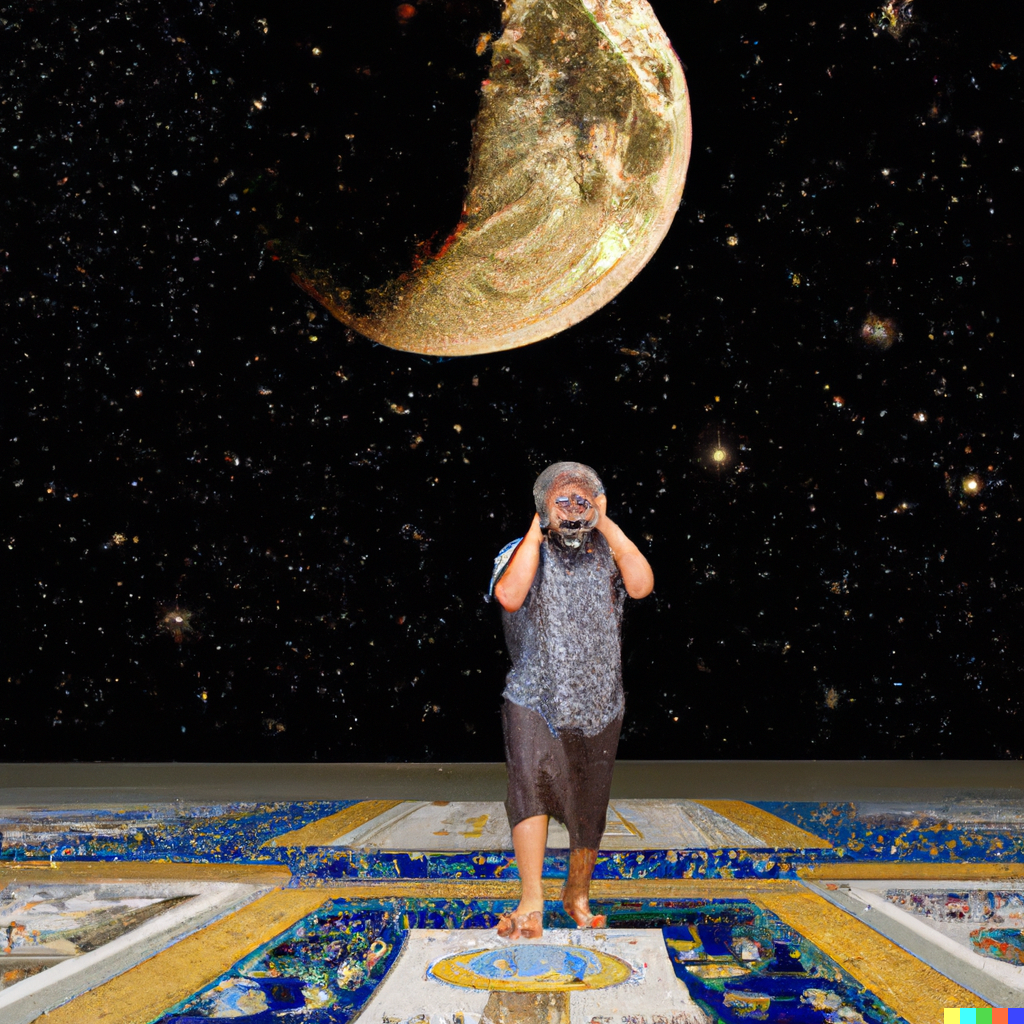philosophy of science
Science is often assumed to explain what goes on in us, and in the world around us, in a special sort of way. It is often supposed that scientific claims are supported by evidence, that they are rigorously confirmed, and that they result from following reliable methods. But in what sense does science explain things? Are scientific explanations in fact special? How? What, if anything, makes them superior to other sorts of explanation? What is the scientific method, and what it is for a scientific claim to be confirmed?
In the Summer of 2023, I taught an advanced introduction to philosophy of science where we studied these and related questions. Here’s the syllabus.

About the thumbnail picture: One of the topics of the course is the problem of induction. Inductions are inferences like ‘all ravens observed thus far are black; therefore, the next raven to be observed will probably be black too’. Science seems to often rely on inferences of this sort. The problem asks how can we rationally justify such inductive inferences. In reference to the problem, I asked DALL-E to generate a picture of ‘a philosopher standing on the top of a mosaic crying for the moon’. The picture prompts the questions ‘who is the philosopher?’, ‘who said the philosopher cries for the moon?’, and ‘why is the philosopher on a ‘mosaic’?’.